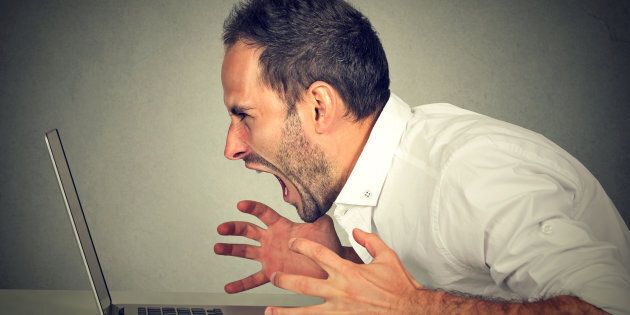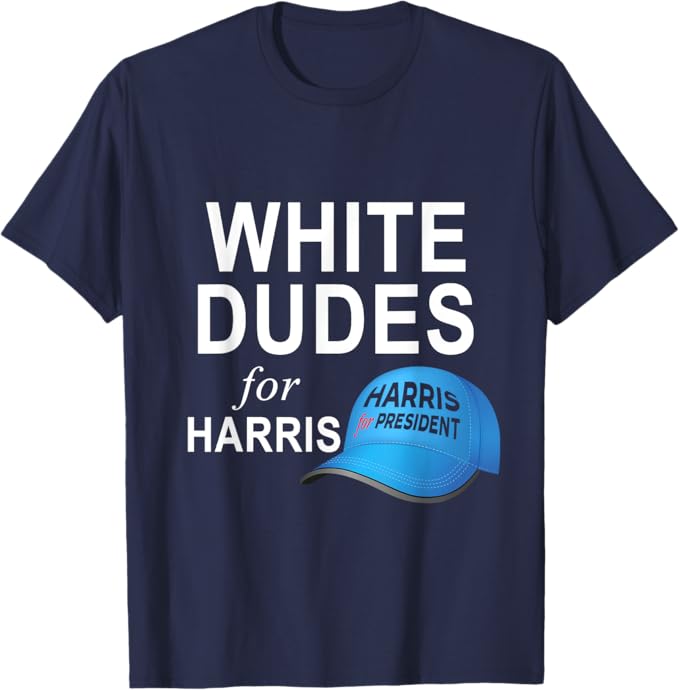The Toxic Trinity of LGBTQ+ Hate: Incels, Misogyny, and Faith

The underbelly of our society is a dark and insidious place, where hatred festers and breeds. At its core, a toxic trinity – incels, misogyny, and a twisted interpretation of religion – has created a perfect storm of prejudice and intolerance that has far-reaching consequences.
The Incel Abyss: A Descent into Despair
The incel (involuntarily celibate), a self-proclaimed victim of societal injustice, is a complex and often disturbing figure. At the heart of this identity is a profound sense of entitlement and a toxic belief in male superiority. The incel narrative is one of rejection, a world where women are viewed not as individuals but as objects to be possessed. This warped perspective is often fueled by a deep-seated fear of intimacy and a crippling lack of emotional intelligence.
When faced with rejection, the incel mind can descend into a dangerous spiral of self-pity and rage. Online forums become echo chambers, amplifying feelings of isolation and resentment. It is within these digital spaces that the seeds of misogyny and violence are sown.
Psychological studies have linked incel ideology to traits such as narcissism, paranoia, and a lack of empathy. These individuals often exhibit a hyper-focus on perceived injustices, leading to a distorted view of reality. In addition, their online communities become breeding grounds for radicalization, as members reinforce each other’s grievances and offer support for harmful behaviors.

Classic Kamala T-Shirt
Designed by Josh. Proceeds go to the Harris/Walz Campaign.
Solid colors: 100% Cotton; Heather Grey: 90% Cotton, 10% Polyester; Dark Heather and Heather Blue: 50% Cotton, 50% Polyester; OR Dark Heather, Heather Blue and All Other Heathers: 65% Polyester, 35% Cotton; Girls’ Heathers: 60% Cotton, 40% Polyester
Misogyny: The Poisoned Well and the Crushing Weight of Toxic Masculinity
Misogyny, the hatred or dislike of women, is a pervasive force that has shaped societies for centuries. It is intricately linked to the concept of toxic masculinity, a rigid set of expectations that define manhood through dominance, aggression, and a suppression of emotions. This toxic brew creates a culture where men feel pressure to conform to a narrow definition of masculinity, while simultaneously fostering resentment towards women who challenge these norms. They often find support for their hatred of women in specific religious communities – especially so in Pentecostal churches.
Religious scholar Dr. Michael S. Moore aptly describes this phenomenon in his work, “Many men who struggle with issues of masculinity and their place in the world often latch onto interpretations of scripture that reinforce a rigid hierarchy and dominance structures, particularly when it comes to gender roles.”
This selective interpretation of religious texts fuels the flames of misogyny, justifying the devaluation and control of women. Passages that were never intended to be discriminatory are weaponized to create a narrative of male superiority.
A Twisted Gospel: Faith Distorted
Religion, intended as a source of comfort and guidance, has been weaponized to justify hatred and discrimination. A distorted interpretation of religious texts has been used to create a narrative of fear and exclusion. The demonization of LGBTQ+ individuals, based on selective readings and misinterpretations, has caused immeasurable harm.
Dr. Marcia B. Dunn, a renowned scholar of religious history, echoes this sentiment: “When religion is used to promote a specific and often oppressive view of gender roles, it not only harms women but also limits men’s emotional and spiritual growth.”
Recognizing that many religious traditions promote love, compassion, and acceptance is essential. However, when these values are subverted to serve a hateful agenda, the consequences are devastating. The misuse of religion to justify discrimination can lead to the formation of insular communities, where members are shielded from diverse perspectives and critical thinking.
One particularly egregious example of this misuse of scripture is the mistranslation of the Bible in 1946. The introduction of the word “homosexual” for the first time in the Revised Standard Version obscured the original meaning of the text. This error has been widely criticized by scholars, who argue that the original language referred to specific sexual practices rather than sexual orientation. This mistranslation has had a profound impact on how LGBTQ+ individuals are perceived within certain religious communities.

White Dudes for Harris T-Shirt
Designed by Josh. Proceeds go to the Harris/Walz Campaign.
Solid colors: 100% Cotton; Heather Grey: 90% Cotton, 10% Polyester; Dark Heather and Heather Blue: 50% Cotton, 50% Polyester; OR Dark Heather, Heather Blue and All Other Heathers: 65% Polyester, 35% Cotton; Girls’ Heathers: 60% Cotton, 40% Polyester
The Interconnectedness of Hate
Underlying the antipathy towards LGBTQ+ individuals is a profound misogyny and, in some cases, outright contempt for women. Many men harbor latent or overt misogynistic attitudes, often characterized by feelings of superiority. This toxic masculinity fuels homophobia and transphobia. The notion of a man willingly adopting feminine attributes or behaviors is considered abhorrent within such frameworks. Moreover, lesbian women, who are perceived as transgressing traditional gender roles by occupying a traditionally male position within a relationship, are frequently subjected to similar forms of prejudice. It is imperative to address and challenge these harmful attitudes and behaviors prevalent among heterosexual men.
The confluence of incel ideology, misogyny, and religious extremism creates a toxic brew that threatens the fabric of society. These interconnected forces reinforce each other, creating a self-perpetuating cycle of hate. Incels find validation in misogynistic rhetoric, while both groups can find solace in distorted religious narratives.
To dismantle this toxic trinity, we must address the root causes of these issues. This includes challenging harmful stereotypes, promoting gender equality, and fostering empathy and understanding. It is also crucial to engage in critical dialogue about religion, promoting inclusive interpretations that celebrate diversity and human rights.
Additionally, addressing the psychological factors contributing to these issues, such as insecurity and fear of rejection, is essential for creating lasting change. Mental health support and education
